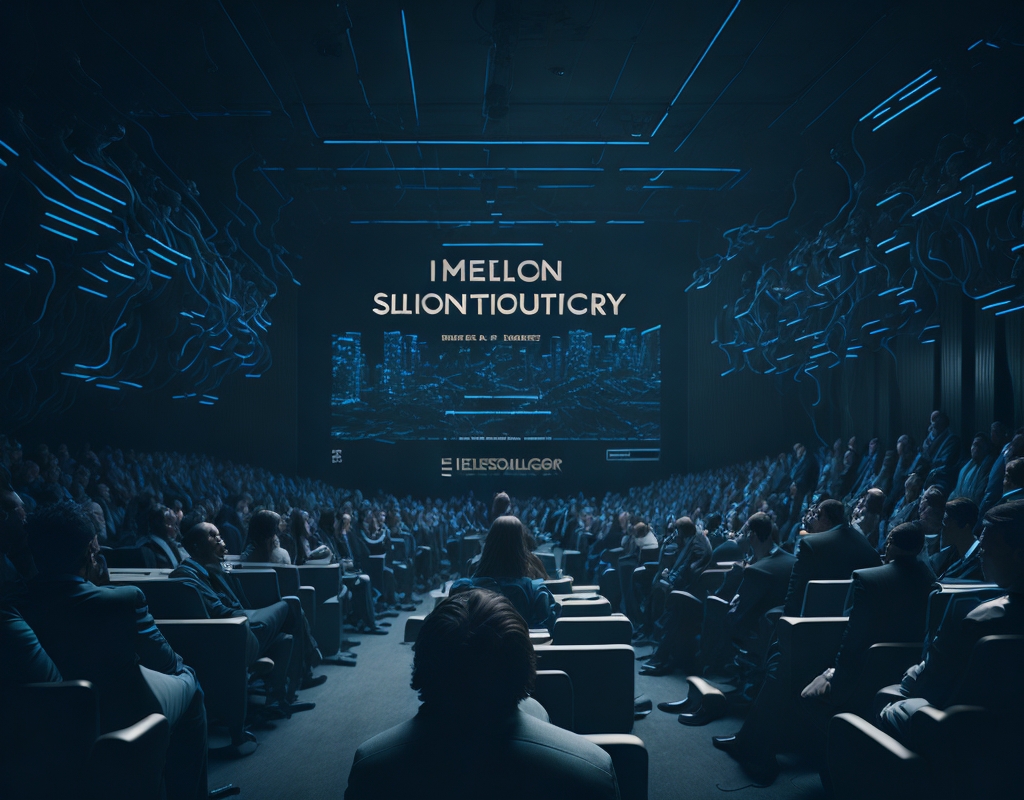
Challenging Silicon Valley’s Meritocracy Myth with DEI Initiatives

In Silicon Valley, a number of leaders are promoting the concept of meritocracy, arguing against the significance of Diversity, Equity, and Inclusion (DEI) initiatives. They contend that prioritizing DEI could hinder progress by placing diversity above talent and merit. This article will counter these arguments and demonstrate why such views are fundamentally flawed.
Leaders from the tech sector have recently expressed in an opinion piece that meritocracy—a system where progress is based solely on individual ability and hard work—is the cornerstone of success in technology businesses. They claim that DEI efforts detract from merit by favoring diversity. This viewpoint, however, fails to acknowledge the systemic obstacles that restrict opportunities for minority groups within the technology field.
The principle of meritocracy often disregards inherent systemic biases and discrimination. Evidence suggests that hiring practices favor candidates who resemble the employers in terms of gender, race, and other identity factors. Such biases impede highly capable individuals from marginalized communities from obtaining positions, thereby maintaining the industry’s lack of diversity.
DEI measures are designed to dismantle these entrenched barriers by promoting diversity, equalizing access to opportunities, and cultivating an inclusive environment. Emphasizing DEI enables organizations to access a wider array of talent, enhancing creativity and driving better business outcomes.
Furthermore, the perspective that DEI prioritizes diversity over talent is incorrect. Diversity and talent are not mutually exclusive; research indicates that diverse groups are often more innovative, inventive, and productive than less varied ones. Therefore, by advancing DEI, companies can actually construct a workforce that is both diverse and skilled.
It’s also a misconception that true meritocracy exists within the tech sphere. Data reveals significant pay disparities where women and ethnic minorities earn less than their white male colleagues for equivalent roles. This wage discrepancy is particularly pronounced for women of color. Additionally, these groups are frequently underrepresented in leadership roles within the sector.
Instead of reducing efforts towards DEI, the tech industry should focus more on these initiatives. Addressing systemic biases and discriminatory practices is essential. This involves implementing effective DEI strategies like employing and advancing diverse individuals, conducting training to recognize unconscious biases, and developing mentorship programs targeted at supporting underrepresented groups.
In summary, the stance of some Silicon Valley leaders who dismiss the importance of DEI in favor of an idealized meritocracy is misplaced. The notion of meritocracy is more myth than reality, as systemic biases and discrimination still obstruct equitable access to opportunities in technology. By embracing and enhancing DEI initiatives, businesses can build a workforce that is both diverse and proficient, driving innovation and improving financial performance. It’s crucial for Silicon Valley to let go of outdated meritocratic ideals and fully integrate DEI into their frameworks.